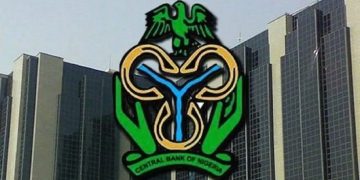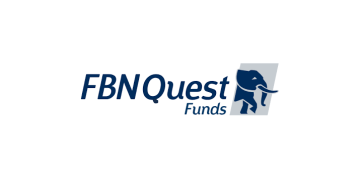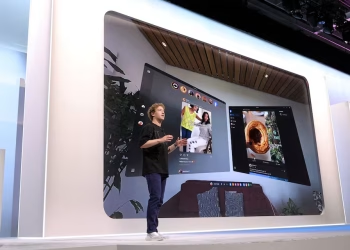Nigerian singer Peter Okoye has taken the stand against his elder brother, Jude Okoye, in a high-profile money laundering trial. Jude, formerly the manager of the defunct music duo P-Square, is facing serious charges brought by the Economic and Financial Crimes Commission (EFCC) involving ₦1.38 billion, $1 million, and £34,537.59.
Background of the Case
The EFCC arraigned Jude Okoye and his company, Northside Music Ltd, on February 26, 2025, before Justice Alexander Owoeye of the Federal High Court in Lagos. The charges include the direct acquisition of a property at No. 5 Tony Eromosele Street, Parkview Estate, Ikoyi, Lagos, valued at ₦850 million, using funds suspected to be proceeds of unlawful activities. Additionally, Okoye is accused of converting over $1 million into naira through a bureau de change, intending to conceal the illicit origin of the funds.
Peter Okoye’s Testimony
Peter Okoye’s involvement in the case stems from a petition he filed with the EFCC, alleging that his brother had misappropriated funds owed to him from music royalties. The charges include the alleged diversion of over $1.9 million in royalties from Lex Records Limited, Kobalt Music Services Limited, and Mtech Limited between 2016 and 2023. Peter’s testimony is pivotal in establishing the link between the diverted funds and the money laundering activities attributed to Jude.
Legal Proceedings and Developments
Following his arraignment, Jude Okoye pleaded “not guilty” to all charges. On March 3, 2025, Justice Owoeye granted him bail in the sum of ₦100 million, with two sureties in like sum, one of whom must own verifiable landed property within Lagos State. The trial commenced on April 14, 2025, with Peter Okoye’s testimony marking a significant moment in the proceedings.
Implications and Public Interest
The trial has garnered substantial media attention, not only due to the high-profile nature of the Okoye brothers but also because of the broader implications for the Nigerian music industry. The case highlights concerns over financial transparency and the management of artists’ earnings, issues that have been prevalent in the industry for years.






















































